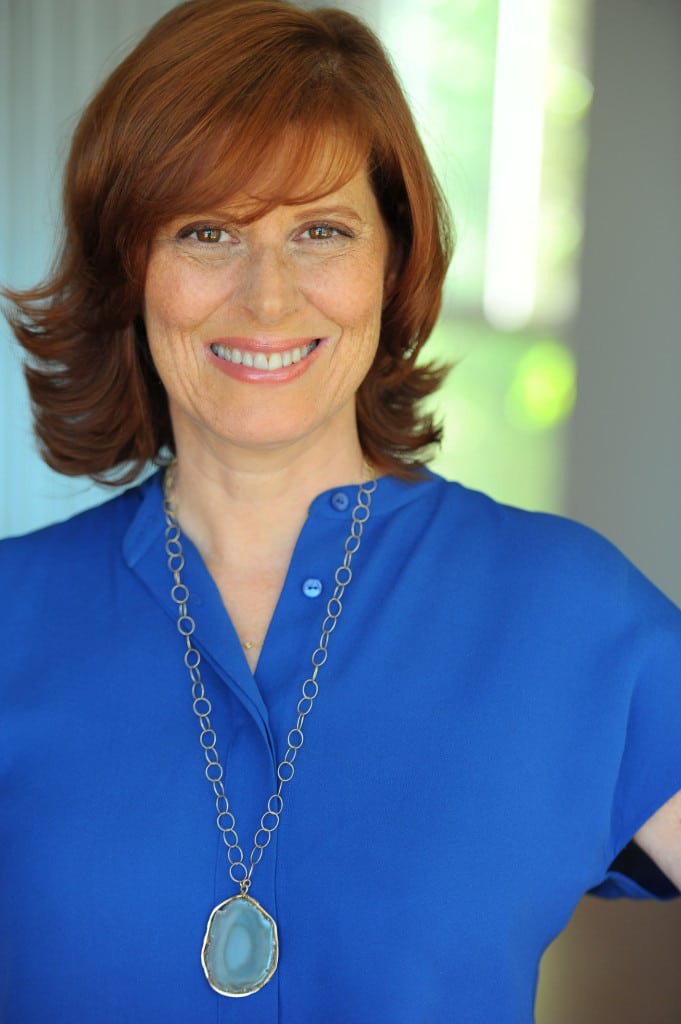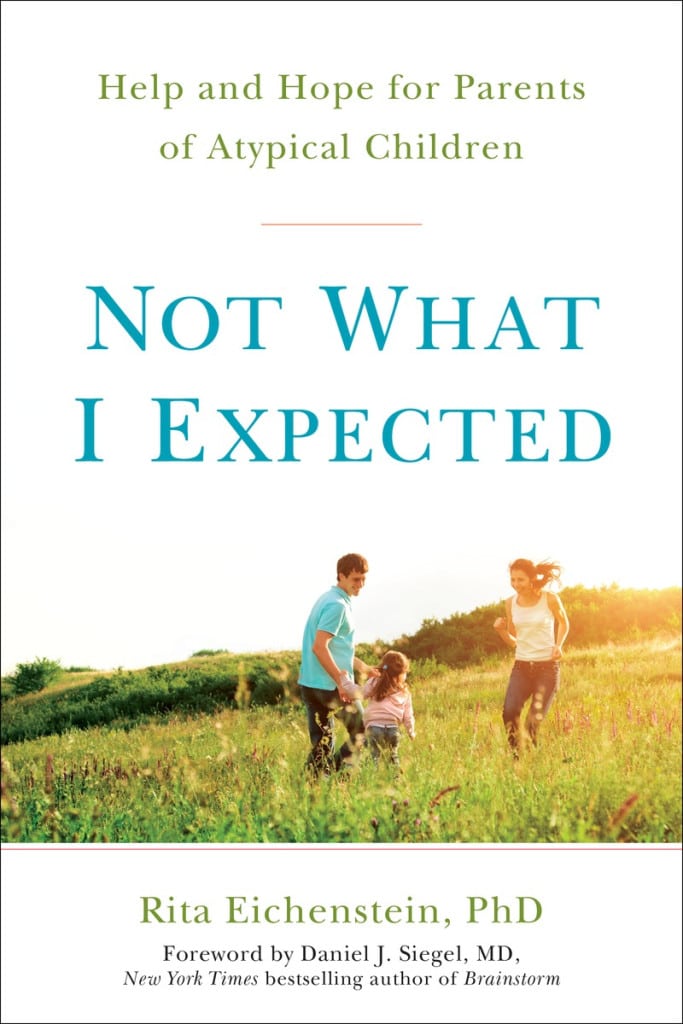
Rita Eichenstein, Ph.D., is a psychologist and neuropsychologist who has been working with atypical children for more than 25 years.
Los Angeles-based psychologist and neuropsychologist Rita Eichenstein, Ph.D., has worked with what she calls “atypical” children for more than 25 years. Eichenstein coined the term “atypical” to help describe kids who have combinations of developmental, behavioral and learning differences that make it difficult to fit them into neat categories of clinical diagnosis. “But what I have come to realize is that focusing on the child’s needs is not sufficient,” she says. “We need to widen our professional lens to include the parents.”
In Eichenstein’s new book, “Not What I Expected: Parenting an Atypical Child – From Diagnosis to Acceptance and Beyond,” she does just that, explaining the emotional phases parents pass through upon learning their child is atypical, helping them prepare to parent their real (not ideal) child, and offering techniques to help manage anger and cultivate emotional strength. She shared some insights from the project.
Why did you decide to write a book for parents of atypical children?
While everyone knows intuitively that it takes a well-supported parent to raise any type of child, very little focus is given to how to help someone become that grounded, supported and emotionally stable parent. These parents that I see every day in my practice, while I evaluate their children, are struggling with a very real series of emotional phases that are not well understood.
For this book, I wanted to look at parents of atypical kids to see if I could characterize their journey into stages and create resources and guidance for them, a roadmap of some sort to help parents raise kids who aren’t typical.
In what ways does the experience of having an “atypical” child make parents feel “atypical” as well?
When a parent receives a diagnosis or information that something about their child isn’t meeting expected benchmark stages in their development (and this can be anything from ADHD to learning disability, or autism or a physical illness), they are bound to go through a series of emotional reactions that are unique to grief. But it’s a special type of grief. It’s a loss of something abstract. It’s a loss of their expectations. It takes time to adjust. When your child is different, you feel different too.
Most often, having an atypical child is presented as a challenge to overcome. Are there positive things that an atypical child brings to the family?
Yes, absolutely it can bring positive changes if parents allow themselves to experience the positive and work to change their mindset. Proactive parents who have atypical kids are typically more compassionate, more willing to help others and more accepting of all types of diversity. In moving towards active acceptance, your brain actually grows in ways that you would not have anticipated.
Many parents talk about how their atypical child is a blessing. When I first encountered this concept I assumed it was a cliché, but I learned that when you adjust your mindset to openly embrace your child, you grow in so many unanticipated and blessed ways.
Your book devotes more than one section to self-care for parents. What are some of your favorite self-care strategies?
 I encourage parents to have a menu of resources to dole out at appropriate times to allow for more self-care – for example, stashing a set of running shoes in the trunk so you can go for a jog while you wait for your child to finish the therapy session, or setting up a list of podcasts to listen to while waiting in the carpool line.
I encourage parents to have a menu of resources to dole out at appropriate times to allow for more self-care – for example, stashing a set of running shoes in the trunk so you can go for a jog while you wait for your child to finish the therapy session, or setting up a list of podcasts to listen to while waiting in the carpool line.
The other idea is the concept of self-compassion. Parents tend to overwork and over-sacrifice without stopping to notice just how hard they are working. Noticing and treating oneself with kindness allows you to develop a practice of self-compassion, treating yourself as kindly as you would treat your best friend. By doing this, you are actively role modeling for your children kindness and compassion as well.
How does a parent of an atypical child know it’s time to stop trying to go it alone and get some in-person help? Where do you recommend parents seek this help?
All parents of atypical kids should seek to develop a nurturing support system. If it takes a village to raise a child, it takes an army to raise an atypical child. There are no medals for do-it-yourselfers. The more you can put together a crackerjack team to support your child and your family, the more you and your child will become enriched by the interactions.
No matter what your child’s diagnosis, you should reach out for a support group or find others who are also involved in similar challenges. Human beings are wired to socially connect, help one another and develop our interpersonal connectivity. The parent of an atypical child can become too isolated. It is not good for your child to see you isolated. When your child sees a happy parent, it helps his or her mood as well. So get all the help you need.
Learn more about Rita Eichenstein and her work at www.drritaeichenstein.com.






































